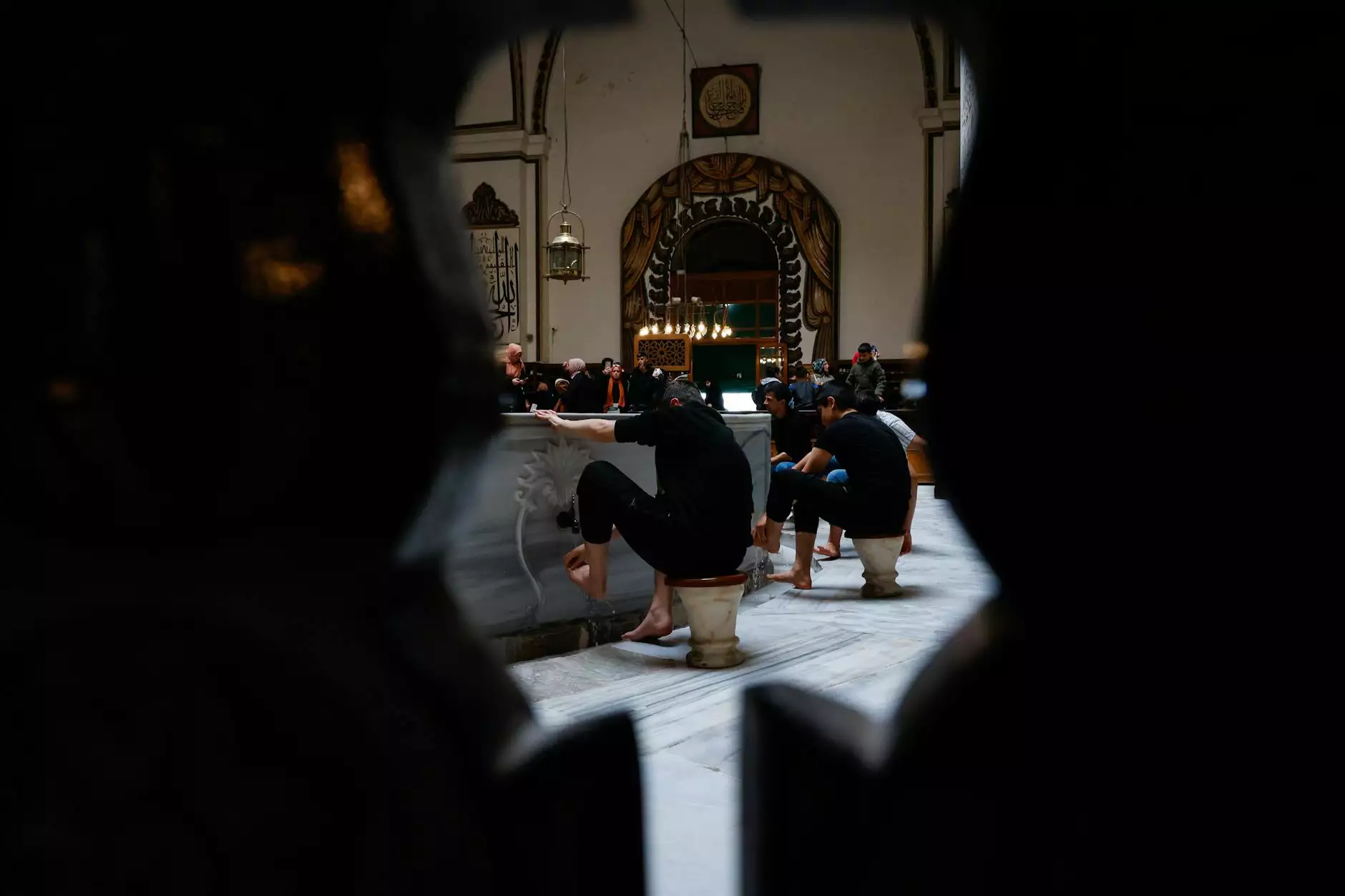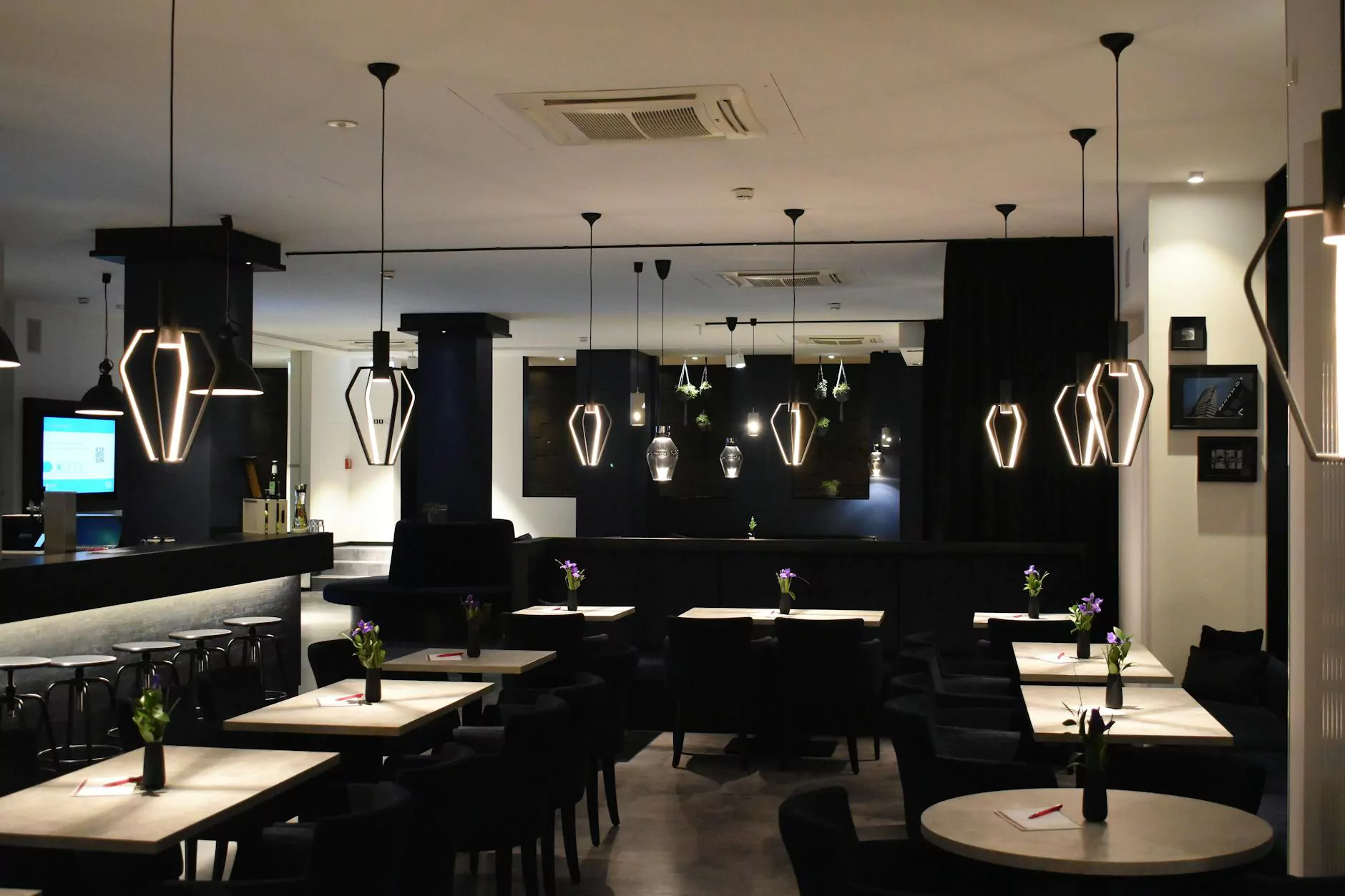Understanding the Radiofrequency Venous Ablation Procedure for Varicose Veins

In the arena of modern medicine, vascular treatments have transcended traditional methodologies to embrace advanced techniques that promise better outcomes and lower patient discomfort. One such remarkable advancement is the radiofrequency venous ablation procedure, a minimally invasive solution offering relief to countless individuals suffering from varicose veins.
What is the Radiofrequency Venous Ablation Procedure?
The radiofrequency venous ablation procedure is a revolutionary technique that utilizes radiofrequency energy to treat varicose veins. This procedure involves the introduction of a thin, flexible catheter into the affected vein. The catheter emits controlled radiofrequency energy, which heats the vein walls and causes them to collapse and seal shut.
How Does the Procedure Work?
Here’s a step-by-step breakdown of the radiofrequency venous ablation procedure:
- Preliminary Consultation: Patients typically undergo a thorough evaluation, which may include an ultrasound examination to identify the problematic veins.
- Anesthesia: The area surrounding the vein is usually numbed using local anesthesia, ensuring that the patient remains comfortable throughout the procedure.
- Catheter Insertion: A thin catheter is inserted into the vein. This is often done with guidance from ultrasound imaging.
- Energy Application: Radiofrequency energy is applied through the catheter to the vein wall, heating it to a precise temperature that causes it to collapse.
- Closure of the Vein: As the vein collapses, the body reroutes blood flow to healthier veins. The treated vein will eventually be absorbed by the body.
- Post-Procedure Monitoring: After the procedure, patients are monitored for a short time to ensure there are no immediate complications.
Benefits of Radiofrequency Venous Ablation
Opting for the radiofrequency venous ablation procedure can provide numerous advantages, such as:
- Minimally Invasive: The procedure does not require large incisions, resulting in minimal scarring and faster recovery time.
- Effective Treatment: Clinical studies show that the success rate of this procedure in eliminating varicose veins can exceed 90%.
- Quick Recovery: Most patients can resume their normal activities within a few days, with many returning to work the next day.
- Local Anesthesia: The use of local anesthesia means less risk associated with general anesthesia, making it safer for many patients.
- Long-Lasting Results: Once the varicose veins are treated, patients often experience long-term relief from symptoms associated with venous insufficiency.
Potential Risks and Side Effects
As with any medical procedure, the radiofrequency venous ablation procedure has potential risks. These might include:
- Bruising and Swelling: Minor bruising and swelling around the treated area are common but typically resolve quickly.
- Skin Burns: Although rare, burns to the skin adjacent to the vein can occur if the radiofrequency energy is misapplied.
- Blood Clots: There is a minimal risk of blood clots forming in the treated vein, which can be dangerous.
- Allergic Reactions: Patients may experience skin reactions to any medications or anesthetics used during the procedure.
Who is a Good Candidate?
The radiofrequency venous ablation procedure is ideal for individuals who:
- Are suffering from symptomatic varicose veins.
- Have not found relief from conservative treatments, such as compression stockings.
- Are seeking a minimally invasive option with a quick recovery time.
- Are generally healthy and do not have underlying conditions that would complicate the procedure.
Preparing for the Procedure
Preparation for your radiofrequency venous ablation procedure is crucial for ensuring a smooth experience. Here are some steps to follow:
- Consultation: Discuss your medical history and any medications you are taking with your doctor.
- Wear Comfortable Clothing: On the day of the procedure, wear loose clothing to accommodate any swelling post-procedure.
- Arrange Transportation: While the procedure is generally done on an outpatient basis, it’s advisable to have someone drive you home afterward.
Post-Procedure Care and Recovery
Recovering from the radiofrequency venous ablation procedure is usually straightforward. Here are essential post-care tips:
- Compression Stockings: Wearing compression stockings as advised can help reduce swelling and promote healing.
- Physical Activity: Engage in light activities and walks to promote circulation. However, avoid strenuous exercise for a period as recommended by your doctor.
- Follow-up Appointments: Attend follow-up visits to ensure proper healing and assess the success of the procedure.
- Report Any Concerns: If you experience unusual pain, swelling, or discoloration, contact your healthcare provider immediately.
Long-Term Outlook After Treatment
The long-term prognosis after undergoing the radiofrequency venous ablation procedure is generally favorable. Many patients report a significant improvement in symptoms such as aching, swelling, and discomfort. Additionally:
- Change in Lifestyle: Many patients find that they are motivated to adopt healthier lifestyle choices, including regular exercise and proper nutrition, thus contributing to better vascular health.
- Routine Check-ups: Regular monitoring of your vascular health can help in early detection of new issues, ensuring timely intervention if needed.
- Realistic Expectations: Understand that while the treated veins are closed, new varicose veins can develop in the future, necessitating additional treatments.
Conclusion
The radiofrequency venous ablation procedure stands as a testament to the evolution of healthcare, streamlining processes that once required extensive surgeries. Through this innovative technique, patients can reclaim their lives from the burden of varicose veins, enjoying improved comfort and aesthetics. If you or someone you know struggles with varicose veins, consider consulting with experts at Truffles Vein Specialists to explore whether the radiofrequency venous ablation procedure could be the right option for achieving optimal vascular health.



